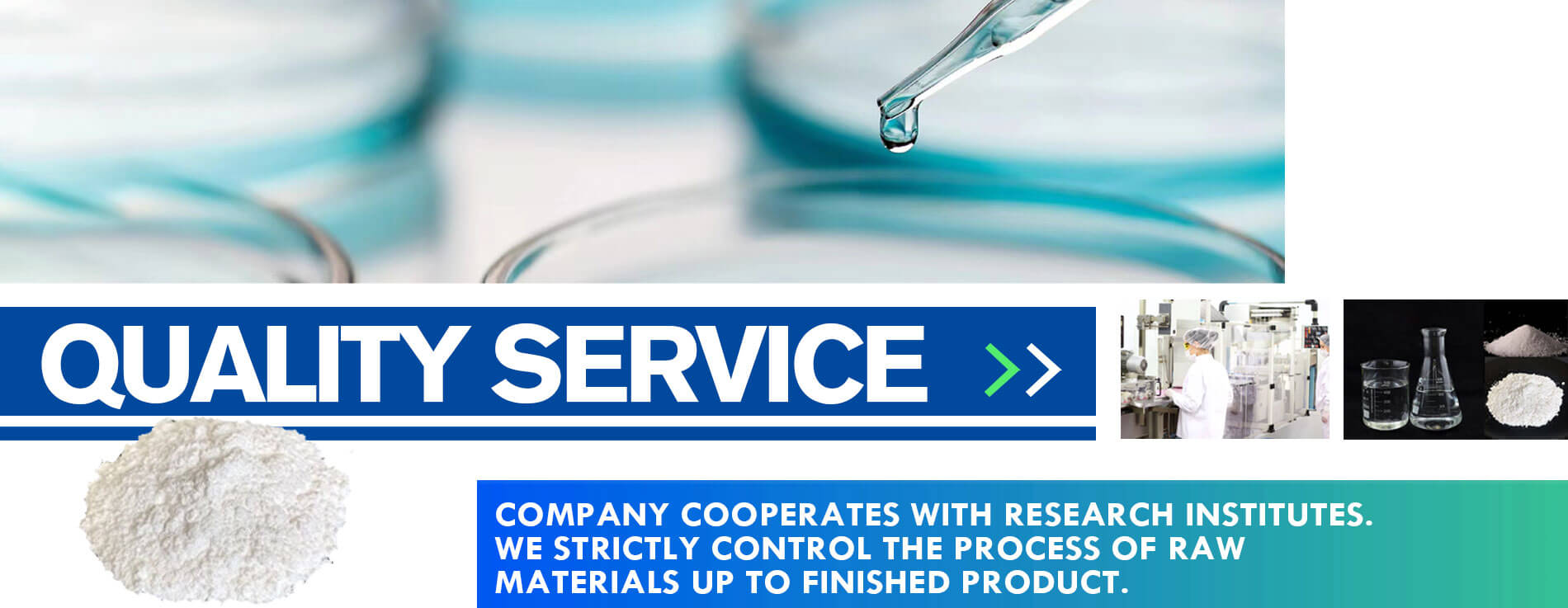As a leading Benzyl Salicylate supplier, we deliver high-quality products across diverse grades to meet evolving needs, empowering global customers with safe, efficient, and compliant chemical solutions.
What are the main uses of Benzyl Salicylate?
Benzyl salicylate is an organic compound. It has a wide range of uses and is often used as a fragrance fixing agent in the field of fragrances. Because of its special aroma, it can make the fragrance last longer. In various perfumes and cosmetics, it can increase the fragrance and help the aroma retain stably.
In the cosmetics industry, it is also used as a sunscreen. It can absorb ultraviolet rays, dissipate energy through molecular structure changes, help the skin resist ultraviolet damage, prevent sunburn, tanning and photoaging, and is widely used in sunscreen, barrier cream and other products.
Furthermore, it is occasionally used in the field of medicine. Due to the anti-inflammatory and antibacterial properties of salicylic acid, benzyl salicylate may also have a weak similar effect, and can be used in some external preparations to assist in the treatment of specific skin inflammation or infections.
This compound has important uses in industrial, daily chemical, pharmaceutical and other fields, improving the performance and expanding the application range of many products.
What are the potential hazards of Benzyl Salicylate to the human body?
Benzyl salicylate has various potential dangers in the human body. This substance may cause skin sensitivity, and more red rashes, itching, and swelling appear. The reason is that the human body's immune system mistakenly recognizes benzyl salicylate as a harmful foreign body, rises up to resist, and then develops allergies.
Furthermore, this substance is difficult to degrade in the environment, accumulates for a long time, or re-enters the human body through the food chain, accumulates in small amounts, and damages the viscera. Although a small amount of time, the harm is not obvious, but over the years, the burden of liver and kidney gradually increases, and the function may be affected by it.
And the volatile substances of benzyl salicylate, if inhaled by the human body, or disturbing the breathing system, cause cough, asthma and other diseases. Especially in places with poor ventilation, the accumulation of volatile substances is even more harmful.
And this substance may disturb the endocrine system. Endocrinologists, the body is responsible for many important functions, and hormone balance is crucial. Benzyl salicylate esters, or simulate or antagonize the body's natural hormones, disrupt their regulation, and then affect metabolism, growth, and reproduction. Therefore, if daily use products, such as beauty and skin care products, contain benzyl salicylate, it should be used with caution to avoid its harm.
What is the allowable amount of Benzyl Salicylate in cosmetics?
In cosmetics, the allowable amount of benzylsalicylate varies according to different national and regional regulations.
In the European Union, according to the Cosmetics Regulation (EC) No 1223/2009 and its subsequent amendments, the maximum allowable concentration of benzylsalicylate in resident and rinse products is 5.0% when used as a sunscreen. This regulation is designed to ensure the safety of consumers when using cosmetics containing this ingredient, and to avoid potential health risks, such as possible skin allergies.
In the United States, the Food and Drug Administration (FDA) has relevant regulations on the use of benzylsalicylate in cosmetics. As an inactive ingredient, it needs to follow good manufacturing practices. Although the specific maximum amount of addition is not clearly defined, companies are required to ensure product safety, and the ingredients and dosages used will not cause harm to consumers. Companies need to conduct a full safety assessment, covering the quality of raw materials, product formulations and conditions of use.
In China, according to the "Cosmetic Safety Technical Specifications", benzyl salicylate is used as a approved sunscreen, and the maximum allowable concentration in cosmetics is also 5.0%. This specification strictly controls the amount of this ingredient added in cosmetics, which effectively guarantees the safety of consumers and avoids adverse reactions due to excessive use.
When using benzyl salicylate, cosmetic companies must strictly follow the regulatory requirements of the country and region where they are located, precisely control the amount added, and conduct a comprehensive safety assessment to ensure product quality and consumer health and safety.
How is the stability of Benzyl Salicylate?
The stability of benzyl salicylate depends on many factors. In the context of light and heat, excessive light and heat can easily cause molecular structure changes. If exposed to the hot sun or high temperature, the risk of decomposition is greatly increased.
In terms of chemical structure, although the bond between benzyl and salicylate has a certain strength, it is also at risk of cracking in case of strong acid and alkali. Acids can cause hydrolysis of ester groups, and bases can also promote their reaction and break their original structure.
Furthermore, oxygen in the air is also one of the factors affecting its stability. Over time, oxygen or benzyl salicylate oxidizes slowly, resulting in a gradual change in its properties.
To maintain its stability, it should be stored in a cool and dark place, away from high temperature and strong light. And the pH of the environment should be close to neutral, eliminating the disturbance of strong acids and alkalis. If the environment is suitable, benzyl salicylate can maintain its original structure and properties within a certain period of time, and the stability can be ensured. But things are impermanent. Although properly handled, time has passed, and there may be subtle changes, it is only possible to create a good environment to prolong its stability.
Does Benzyl Salicylate React Adversely to Other Ingredients?
Benzyl salicylate and other ingredients may have adverse reactions, which must not be ignored. Benzyl salicylate esters, chemically synthesized substances, are often used in fragrances and sunscreens.
When it comes to fragrance compatibility, caution is required. Cover different fragrance ingredients, their chemical properties are different. If it is combined with some active fragrance ingredients, or due to differences in pH and the interaction of active groups, a chemical reaction will be triggered. In case of strong oxidizing fragrance ingredients, the benzene ring structure of benzyl salicylate may be affected, causing abnormal aroma and losing its original fragrance.
used in sunscreen formulations, there are also variables. Sunscreen agents often contain a variety of organic and inorganic ingredients. If benzylsalicylate is mixed with a specific ultraviolet absorber, or due to intermolecular forces, it changes the absorption spectrum of each other and weakens the sunscreen effect. And its compatibility with some film-forming agents and thickeners also needs to be considered in detail. If incompatible, or cause uneven texture of the product, it will affect the feeling and stability of use.
In addition, from the perspective of skin safety, although benzylsalicylate is often regarded as a milder ingredient, individual skin sensitivity varies. Sharing with other irritating ingredients may increase the risk of skin allergies and discomfort. Therefore, when formulating products, it is necessary to weigh the interaction between the various ingredients, and through rigorous experiments and tests, to ensure the safety and efficacy of the product, so as not to make the ingredients disagree with each other and produce undesirable changes.





